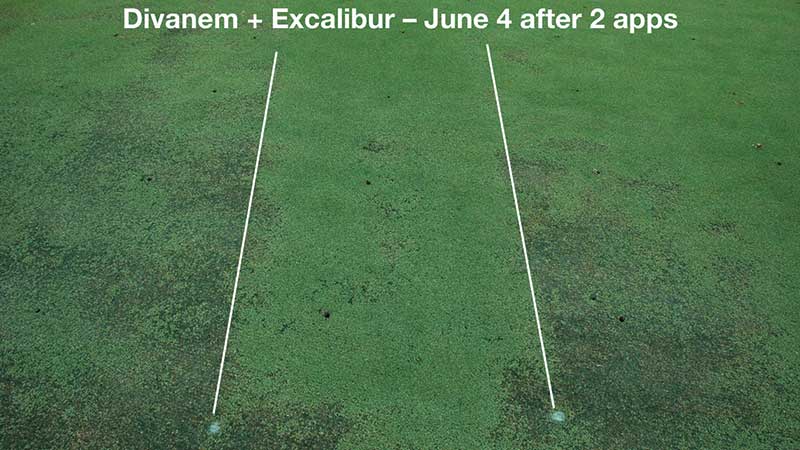Golfdom Files: Leadership and management, partners to misunderstanding

Photo: Golfdom archives
Are you leading your crew through the chaos of 2020 or just managing the mayhem? Who would you consider to be a good leader today? Consultant Ron Frame explains the differences between a manager and a leader in a November 1979 article of Golf Business (the former title of Golfdom). The crises of the coronavirus pandemic, course shutdowns, financial uncertainty, wildfires and hurricanes added to the typical problems of the day have tested the mettle of even the strongest superintendent, and here, Frame urges superintendents to examine how they’re approaching their work.
Lean back, relax, close your eyes and think: leader, leadership, to lead. We can conjure up a mental fantasy picture of a leader. Think about it. Remnants of strong childhood impressions quickly come together to form a familiar image of strength, a friendly honest smile, clear piercing eyes, lean features, a voice conveying truth, dignity, right, trust and respect: a combination of the Lone Ranger, John Wayne and Winston Churchill.
The concept of leadership is strong in our minds with roots that go back deeply into our youth. It is difficult to find the same familiarity with the concept of management. Management is a more recently introduced item to the well of our understanding.
Many practicing managers speak management but think leadership. When asked for a definition of the difference between the terms, they are most often felt to be largely synonymous.
Golf course superintendent is a position of management. His resources are people and things; his responsibilities are reflected in the condition of an acreage set aside for the play of golf. His failures and successes are wrapped up in the manner with which he combines the utilization of those resources to get the job done.
His preparation for the management role is largely technical, broad segments of knowledge about things and processes. His most frequent recurring source of headaches is often not things and processes, but people. What then, is the most accessible aspirin, leadership or management?
Leadership is a gift, a combination of inherited personality characteristics, developed, either early or late, in growing-up social experiences and tested in day-to-day relationships with peers. There are degrees of strength of leadership characteristics.
Management, on the other hand, is a combination of acquired pragmatic skills, developed and tested through work experiences, and used in terms of the goals set for the position. The golf course superintendent uses the tools of management to get things done through people (human resources) and utilizing things (physical resources) available to him. Management skills can only be learned. Genes have little to do with that ability except in areas of integrity, intelligence, energy, sensitivity and a myriad of other, like conditions. Management is a job one learns. Leadership is something one has. The golf course superintendent who views the terms as meaning the same thing, but lacks a leadership self-image, is also likely to be uncomfortable and perhaps awkward and ineffective in the management role.
The typical golf course superintendent, because of his technical training and a natural inclination towards hands-on doing, has difficulty really seeing his role as truly that of management. If he further encumbers himself with a leadership interpretation of management when he knows he lacks “natural” leadership characteristics, he finds himself dealing with crisis, reacting rather than acting, fighting brushfires rather than eliminating their source, operating on an impulse “heroic” level rather than on a rational plane.
Management is work, a planned effort of getting one foot in front of another, a scheduled stream of activity to reach the goals that are required as part of the package. Solid leadership traits can be a bonus to this role, kept in perspective, but the superior effect is gained by a rational understanding of what you are, teamed with knowledge of management tools and applied to those critical human resources.










